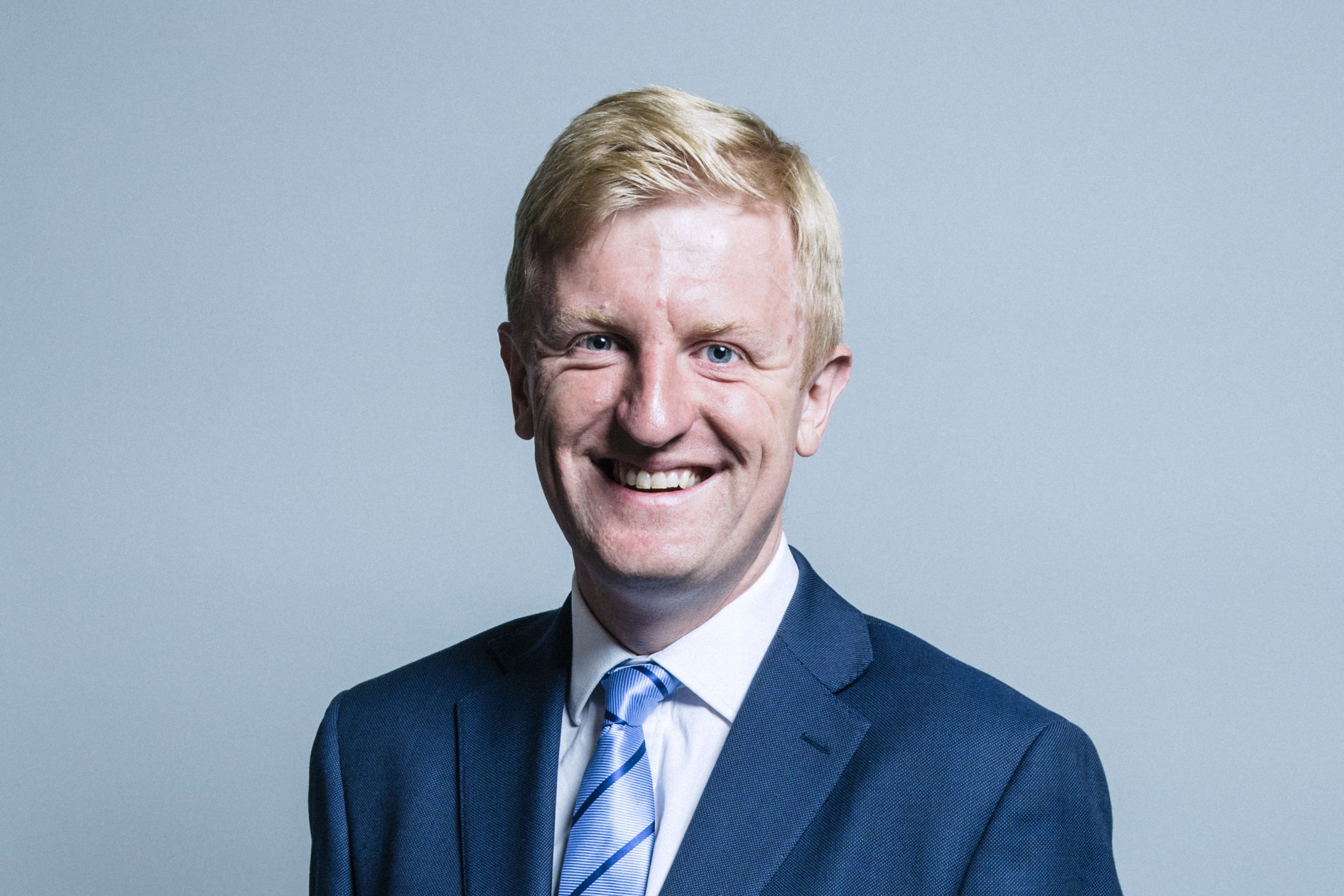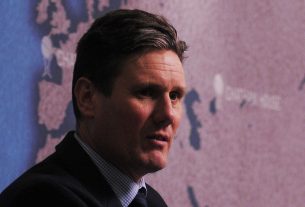The government’s warning to the BBC that the broadcaster risks losing public confidence amid accusations of political bias during the coronavirus crisis is ringing hollow.
Culture secretary Oliver Dowden’s letter to the BBC’s director-general Lord Tony Hall urges him to “uphold the highest standards in relation to integrity and impartiality” while warning “any damage” to the “vital” public confidence “in the BBC’s longstanding reputation for fair and balanced reporting…would be deeply concerning.”
The warning follows BBC Panorama’s highly critical investigation highlighting the severe lack of PPE for NHS and key workers battling the coronavirus. The proramme evidenced how reclassifying Covid-19 as a lower risk disease enabled Public Health England to change its guidelines on appropriate PPE as a way to deal with stock running out. PPE resources, the programme showed, that had not been stockpiled despite warnings to the government to properly prepare for a pandemic.
Latest in litany of government coronavirus crisis failings
Panorama was the latest in a series of media disclosures highlighting a litany of government failings from before and throughout the coronavirus pandemic, yet it is the BBC the government chose to hit back at.
“The public should be able to turn to the BBC for transparent, unimpeachable, reliable news,” Dowden tells Hall in the letter described by the Daily Mail as “a shot [fired] across the bows of the BBC. The Express reports on “furious government officials” and a “senior government source” saying: “The director-general needs to get a personal grip of this so the BBC quickly gets its house in order.
“There is a worrying pattern emerging of the BBC not doing its homework and presenting partisan contributors as impartial.
“Viewers need to trust what they see.”
National scandal exposes precarious relationship between BBC-Gov’t
The BBC was put on notice by Boris Johnson during the general election campaign and Dowden’s letter will be interpreted by some as “a worrying pattern” itself, with the national broadcaster once again under fire from the government.
Whether it is a justified call on a state-funded broadcaster for political-impartiality by a senior government minister, or an attempt to change the narrative and shift focus away from the continuing PPE crisis (described weeks ago as a “national scandal” by Unite) and the government’s mishandling of the crisis overall (as evidenced by traditionally Tory supporting newspapers, the Sunday Telegraph and Sunday Times) – Dowden’s letter exposes the precarious relationship between the BBC and Johnson’s government.
Simmering accusations of political bias have been boiling up following revelations that medical professionals interviewed by the programme makers were “left-wing activists”. The BBC responded with a statement that its journalists had interviewed dozens of healthcare workers when making the programme, some of whom are members of a political party, some of whom are not.
The BBC said it was not surprising that those key workers willing to speak out on PPE issues, were doing so despite discouragement from NHS trusts.
BBC apologised for Hancock’s ‘fantasy’ PPE claims
Last month the BBC was forced to apologise after it wrongly claimed an anonymous NHS boss – who described PPE claims made by health secretary Matt Hancock as “fantasy” – had asked the BBC to put him in touch with Burberry to get PPE. The BBC apologised, saying the item “clearly did not meet the BBC’s editorial standards.”
Dowden’s letter refers to Panorama and the Burberry incidents and states he is sure the BBC director general “will agree that at a time of heightened risk of misinformation and disinformation, it is more important than ever that the BBC upholds the values and standards we all expect.”
Broadcaster James O’Brien was not alone in pointing out that in Dowden’s letter there is not “a single reference to, never mind refutation of the testimony [on PPE shortages] given by the medics on the programme.”
Dowden doesn’t deny claims
Instead the culture secretary focused on who said what about PPE while insinuating that being a member of a political party negates a professional’s opinion on a critical issue. The important thing for the government, it seems, is not what was said and how perilous the PPE situation is for key workers, but rather, who said it.
Also, the culture secretary did not address why those interviewed by the programme felt the need to have their identities concealed and had to remain anonymous from fear of losing their jobs for speaking out.
And neither did Dowden deny, as O’Brien and others have remarked, what was actually said about the deadly and continuing crisis of PPE.
O’Brien tweeted: “It’s the starkest example yet that the Vote Leave government is trying to make confected tribal allegiance more important than evidence. Again.”
Meanwhile, Alan Rusbridger, former editor of the Guardian and now principal of Lady Margaret Hall, University of Oxford, tweeted: “It’s really not the job of the culture secretary to bollock the BBC for what your govt regards as bias, @OliverDowden Leave that to @Ofcom.”
Hall won’t last long – DG to leave next year
Lord Hall’s seven year reign as DG at the BBC ends this summer. Newsnight reportedly “understood” in January that Lord Hall of Birkenhead wanted to stay on as DG until the BBC’s centenary in 2022, but the decision to go came after “big discussions with the board”.
At the time, government circles saw it as “something of a masterstroke” by the BBC chairman Sir David Clementi, according to Newsnight’s political editor, Nicholas Watt.
Clementi. who was described as “a former banker with no broadcasting experience” when he was appointed BBC chairman by Theresa May’s government in 2017, steps down on 15 February 2021.
‘Will new DG make a brave, correct call on a Panorama investigation?’
Which means that if Hall had held on until 2022, a new chairman would appoint his successor, “and that new chairman would have been appointed by Boris Johnson’s government,” said Watt.
While Hall will move from his £450,000 per year BBC post to take over as chair of the National Gallery, eyes will be remain fixed on the search for his successor.
Will it be “someone who can charm Boris Johnson and Dominic Cummings?” asked the BBC’s media editor Amol Rajan earlier this year, “or someone who can make a brave, correct call on a Panaroma investigation?”
Time will tell.




